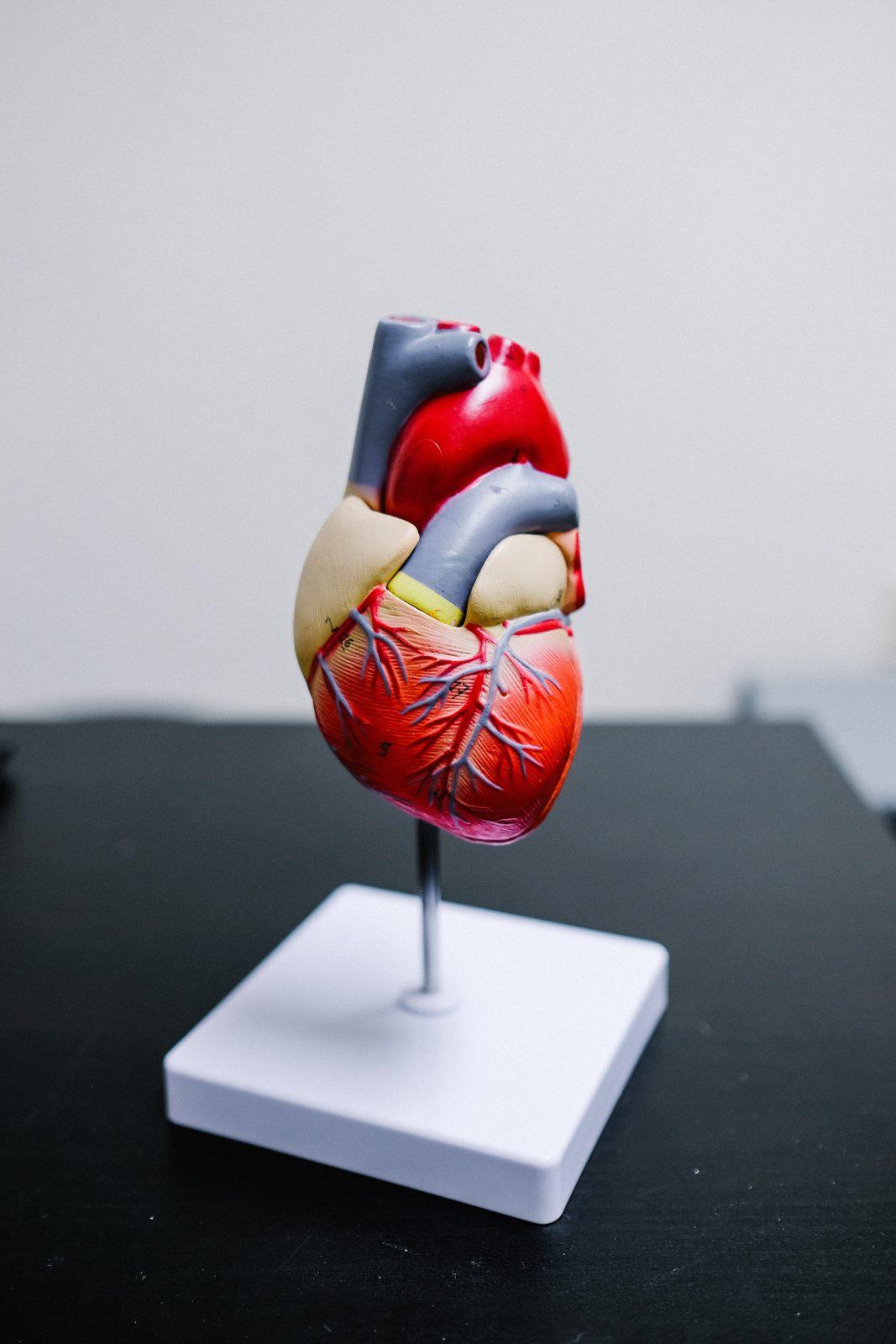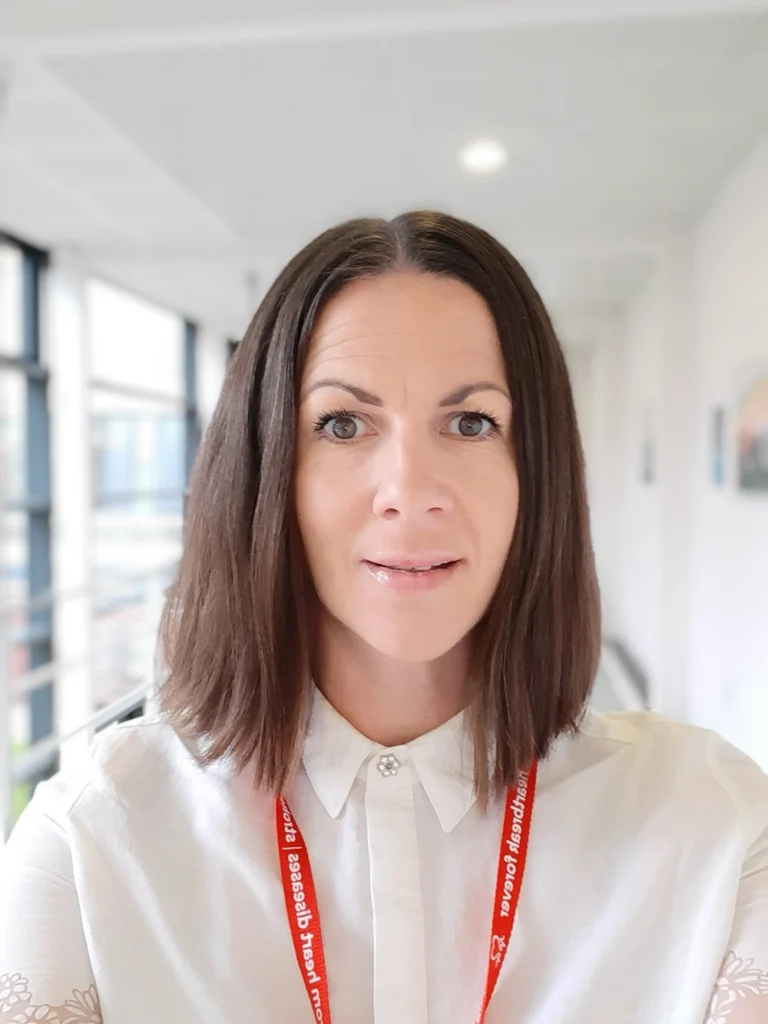

Cardiovascular disease is the leading cause of death globally, responsible for 17.7 million deaths a year, 80% of which are caused by heart attacks and strokes.
These arise when atherosclerotic plaques, in coronary or carotid arteries rupture leading to the formation of blood clots (atherothrombosis) which block blood flow to the heart or brain. This is a complex process involving the blood vessel wall, platelets, endothelial cells, and plasma proteins.
To develop new more effective drugs which prevent heart attacks and strokes, we need a better understanding of the complex mechanisms that cause blood clot formation. This is entirely dependent on the availability of suitable experimental models.
Currently scientists rely heavily on the use of animal models to investigate thrombosis and test new therapies. These models however are poorly standardised, produce variable results and require large numbers of animals. They also fail to accurately represent human disease, resulting in a lack of translation to the clinic.
It is therefore crucial from both an ethical and scientific perspective that advances are made to reduce animal usage in cardiovascular research and provide more clinically relevant models.
In this talk Dr Sarah Jones from Manchester Metropolitan University, will discuss the approaches that we are taking to develop new experimental models of arterial thrombosis as an alternative to animal experiments. These include vessel on a chip technology as well as using blood vessels isolated from human placentas.
Monday 18th March 2024. 18:45 start.
Free Admission
The Albert Club
39-41 Old Lansdowne Road
West Didsbury
Manchester
M20 2PA

OR

